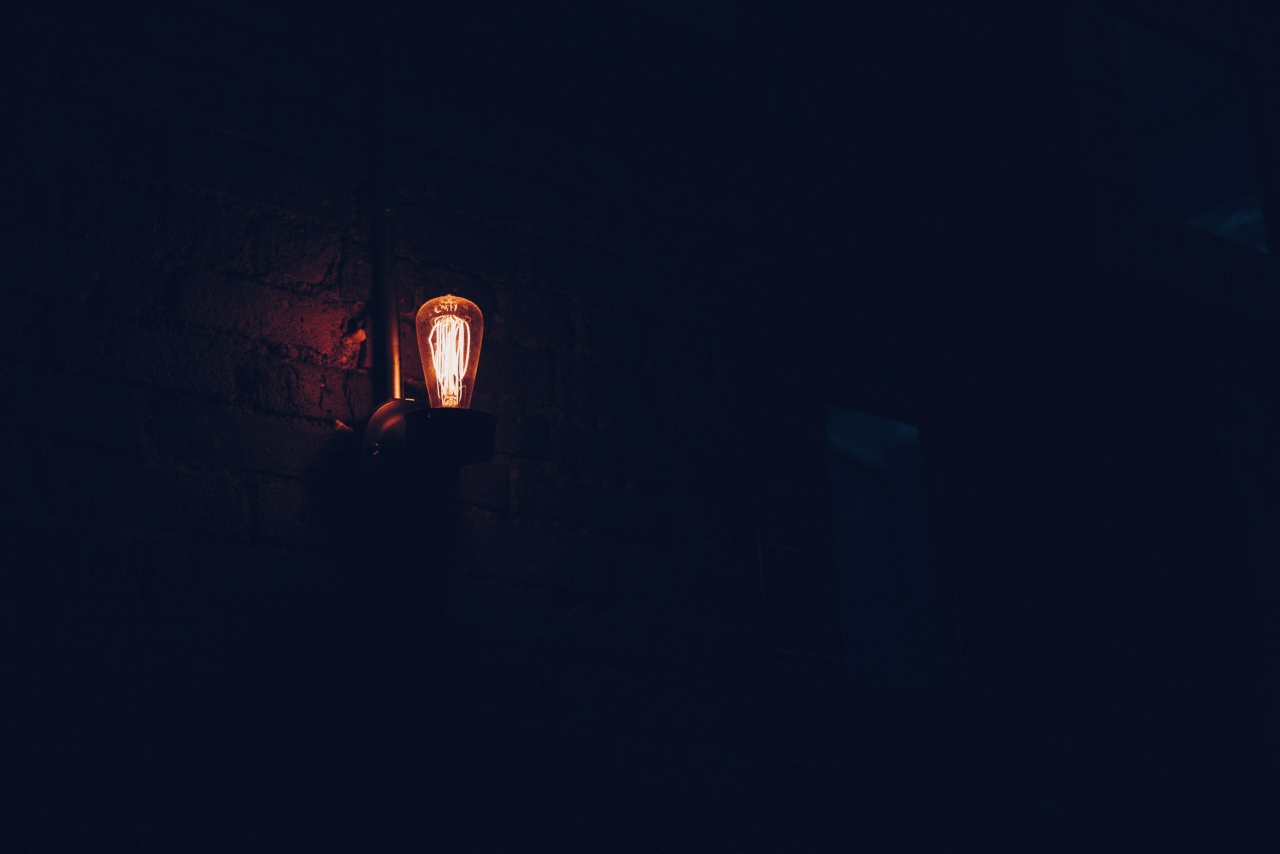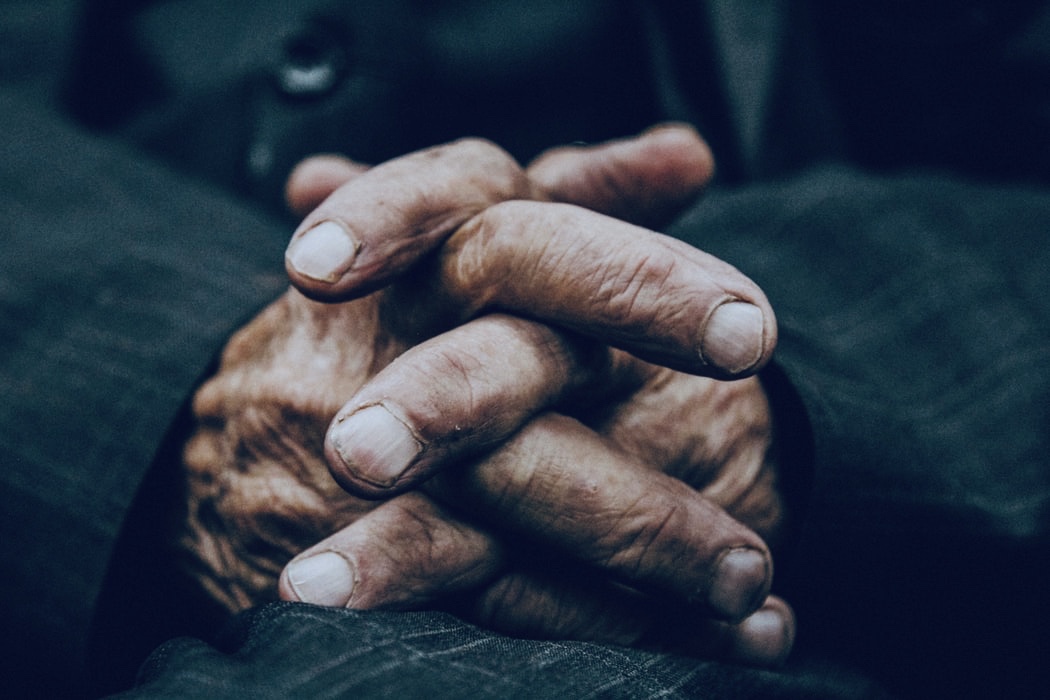With the purchase of my last book Beauty in the Wreckage I offered a free bonus chapter. I have decided to make that bonus chapter available now as two blog posts. This is part one. Thank you so much for your continued prayers and support friends.
I have prayed quietly in tears. I have had those closest to me pray faithfully for me. I have even had my church family surround me, put hands on me, and cry out to God on my behalf.
But God has not answered my prayers. God has not answered our prayers.
And it is here, in this uncomfortable place, where we uncover the most difficult area of faith, which is many times too taboo, too controversial, or too difficult for the Church to discuss. It is the place where any acknowledgement of the fact that God sometimes does not seem to answer our prayers is somehow believed to undermine God’s power and then somehow compromise our faith at its very core.
But neither of those sentiments are true.
The cold, hard fact is that there are prayers that God does not answer. In fact, there are many prayers God does not answer. And it can be frustrating and maddening and bewildering. It can push a person to the very edge of unbelief, sometimes even tipping them over the precipice of faith. The silence of God appears seemingly detached and indifferent to our pained groans and our needful cries for help, appearing to leave us abandoned as orphans- lost, alone, and destitute without any hope beyond ourselves.
I don’t speak of such matters in ignorance. Over the last nineteen years of my life I have dealt with chronic body pain. And for the most part, I keep it to myself. I don’t talk about it much. I choose only to share it with a few close friends and family, because I don’t like to be the center of attention. So in my mind, the less I share about it, the less people will focus on me. And that is the way I prefer it. But in those few instances when I have opened up with others, they have been very surprised at how much I suffer through my pain.
Even as I write these words at this very moment, I feel physically worse than I have ever felt in my life. Every day I have the physical sensation of what feels like daggers stabbing into the nerves of my upper back, forearms, chest, and calves of my legs. The pain pulses through my nerves and radiates non-specifically throughout my body. My doctor told me at a recent appointment that a guy who is as healthy and active as I am should not be experiencing pain like this.
But I am.
And while I have tried almost everything under the sun to alleviate this pain, I wake up with it each day and carry it with me everywhere I go. And to make matters worse, my latest treatment regimen has me feeling worse than better. That is why I told my wife the other day that I can’t imagine having to live in this kind of pain for the next twenty to thirty years.
God, help me.
I can identify with the cry of the Psalmist, in my suffering through unanswered prayer, as he writes, “O Lord, heal me, for my bones are in agony. My soul is in anguish. How long, O Lord, how long? Turn, O Lord, and deliver me. Save me because of your unfailing love.”
But in response to my pleas and groaning, there is only silence and questions.
Why is it that God has not answered my prayers when I have asked for relief from this excruciating pain that won’t go away? Why is it that God has not answered the prayers of those closest to me when they have prayed so fervently and sacrificially for me?
Why is it that God chose to not answer one of my closest friend’s prayers yesterday when he put his arms around me and prayed over me like no one has ever prayed for me before?
I don’t know.
It’s easy to talk about life to the fullest, a life of shalom, when life is good and when you physically, mentally, and emotionally feel well, but isn’t it impossible when you have a debilitating disease, or when you are suffering from the excruciating pain of a physical illness or disease, or when you are losing your mental and physical capabilities, or when you are struggling through a physical or mental disability or illness?
I confess that when I am in the most pain, I am also at my worst. And it is really hard to admit that. I can hear the cynic sitting on his couch right now, “You mean the guy whose book I am reading just said that he can be a cranky monster when he is in pain? And he is talking to me about how to live in abundance! Ha!”
Right? I get it.
For all the areas of my life that I most easily seek and reside in shalom, I am still a student learning how to embody completeness, wholeness, and harmony in all things when I am physically suffering.
While it is easy for me to remember the big picture and keep my current condition in perspective, I too easily let my pain override my character and disposition toward others, usually toward my wife and kids, and I devolve into a crumpled ball of impatience and frustration.
It is certainly one thing to have idyllic notions of how life ought to be when life is good, but quite another when your body is in constant pain, when you are mentally exhausted, and when your son reminds you that you forgot his blanket and cup of water after the nighttime prayer. And to be honest, it is hard to care whether or not I am living in shalom at that exact moment.
Idealism has to have limits, right?
But what if we have had this thing wrong all along? What if a life of shalom, a life of wholeness, completeness, and harmony in all things actually takes into account our pain and our suffering? What if a life of shalom is able to transcend every degree of pain and suffering, every malady, every dysfunction, every frailty, and every disability? What if a life of shalom can, not only be found in the most likely places, but found even more readily in the most unassuming, least expected places, like in our pain and through our unanswered prayers?
Fr. Richard Rohr teaches that the two pathways of transformation are great love and great suffering. The Holy Scriptures echo this sentiment by teaching us that suffering can be the ground through which character grows, perseverance flourishes, and hope proliferates.
And it is this seeming paradox that is the profound mystery of God.
While God does not cause our pains, afflictions, disabilities, frailties, or sufferings, God may use those things that are considered foolish, weak, despised, contemptible, and of no value by worldly standards to undermine that which the world views as important and then manifest the shalom of the Christ through them.
And we see this principle time after time after time in the Scriptures.
It is the last who becomes first. It is the guest in the back who becomes the guest of honor. It is the poor who is made rich. It is the meek, the poor in spirit, the mourners, the merciful, the peacemakers, and the persecuted who are blessed. It is the tax collectors and prostitutes who are invited to enter the kingdom first before the religious.
It is the wayward son for whom the party is thrown. It is the one lost sheep who is sought while leaving the 99 behind. It is in the desolate field where the treasure is found. It is the anti-hero- the Samaritan, the tax collector, the Centurion- who all become the heroes of their story.
It is working through the blind and lame and demon-possessed and other outcasts to demonstrate the power of God. It is Jesus using a group of country-bumpkin disciples, who didn’t make the cut with other rabbis, to launch the biggest restoration plan in history. It is a crucifix of ultimate defeat and humiliation that becomes the symbol of ultimate freedom and victory. It is Jesus who leads by serving, who exemplifies power through sacrificing, and who forgives his murderers while he is dying. It is Life resurrecting triumphantly and defeating what appeared to be the absolute and final verdict of death.
None of it makes sense.
Everything by God’s standard is upside-down from the way we would expect it to be and it defies every value and convention and logic of the world.
By our standards, being first and in front is highly valued. By our standards, being savvy and cut-throat and having a take-no-prisoners approach to life are the attributes of the rich and successful. By our standards, writing off those who abandon us, cutting our losses by keeping what we have, and excluding the embarrassing and shameful outsiders is the way we operate. By our standards, using a highly-qualified and prestigious team to launch initiatives is essential to the success of a new global venture. By our standards, serving, sacrificing, and forgiving is the way of losers who never make it to the top of anything. And by our standards, making your marketing symbol a grisly, inhumane, and torturous death device will never get your initiative off of the ground.
It is all foolishness.
So by our own convention and wisdom, God using the foolish, the weak, the despised, the contemptible, and the valueless is utter nonsense and completely laughable. But, as we see time and time again, God’s power is made perfect in insignificance and in weakness.
That is exactly how God has chosen to reveal those things of ultimate value.
And I absolutely believe that it stands to reason that God can work in the least expected, least likely places today, as well. God can work in and through our every weakness, work through our every physical, mental, and emotional dysfunction, work through all of our pain and suffering to reveal that which is eternal and valuable. For while our bodies are wasting away, even unto death, the eternal shalom of the Christ transcends our condition, fills and satisfies us, and reveals the goodness of God.
That is the wisdom revealed by the imprisoned apostle, Paul, when we wrote a letter to the church in Philippi. In his captivity, likely to the Romans, Paul shared that, “[He has] learned the secret of being content in any and every situation”
The word “content” seems to be a far cry from the wholeness, completeness, and harmony in all things of shalom, but digging a bit deeper into the original Greek reveals that the word for content is a more robust word than we have been led to believe.
On the surface, the word content conveys that a person is “just okay,” or “indifferent” to their particular situation or condition. If the situation is good, I am okay. If the situation is bad, I am okay.
But the original Greek word, autarkés, reveals that a person is content in the sense of being satisfied because they are living in God’s fullness.
In autarkés, there is a deep satisfaction in, not only being wholly enveloped in the fullness of God’s shalom, but carrying that shalom deeply within us. And it is this secret that enables us to tap into the deep well of God’s goodness and be fully satisfied regardless of the pain or suffering we are experiencing.
Again, I am not quite there yet myself, but I am learning. I long for the day when I can repeat those very words of Paul as my own, even when my body is stricken with pain.
The truth is that we embody on a small scale the much larger reality of the life all around us. It is a life carrying the unresolved tension of pain and suffering in the present with the hope and anticipation of restoration in the future. And we carry this tension with us everywhere we go, waiting patiently and contently in hope, while continuing to give praise to God with every breath in great anticipation of this tension being resolved, once and for all, and all things being renewed and restored as God always intended.
But as we look to the future, we cannot carry this tension with us alone in the present.
We must carry on together.
Peace…
Brandon
Read This Body of Death, Part 2 here.
Beauty in the Wreckage: Finding Peace in the Age of Outrage is available everywhere online in digital, audiobook, and paper versions. It is also available as a signed paperback at Viewpoint Bookstore.



